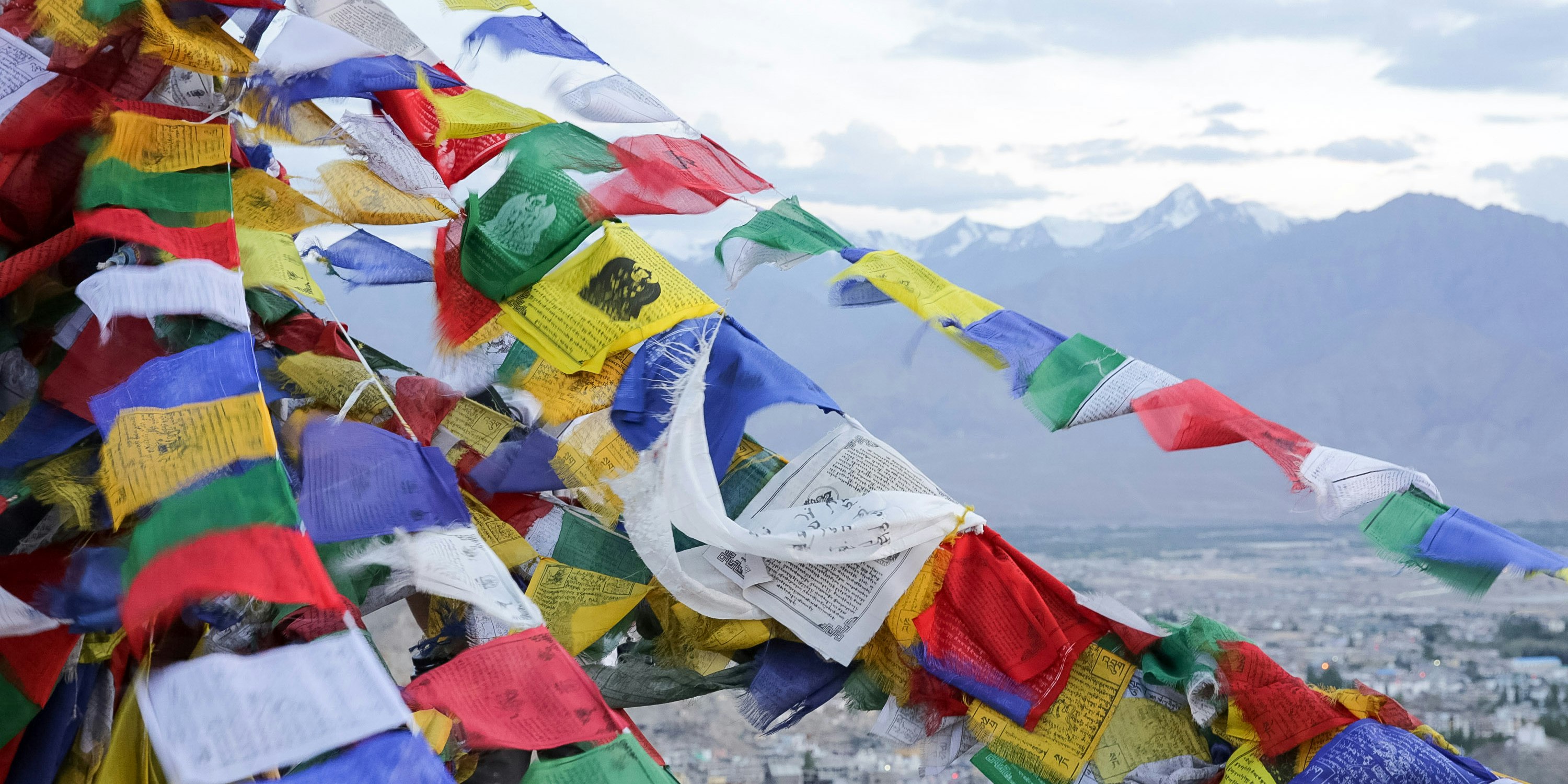Travel this program in the future
| Find out when new dates are available |
Experience the mighty Himalayas during this two-week trip through India and Nepal. Start in Delhi and learn about Hindu culture in this historic city before exploring UNESCO World Heritage sites in Amer and Agra, including the incredible Taj Mahal. Travel to Kathmandu to experience some of the region’s famous adventure activities. Raft the Trishuli River and camp overnight. Trek from Pokhara, the gateway to the Himalayas’ Annapurna Circuit. Opt to zip line and bungee jump in this mountain before returning to Kathmandu to conclude your epic journey.
Former Rustic Pathways student Krish Khemlani says traveling in the region is an extraordinary experience. He says one highlight for him was reaching a mountain summit in Nepal after some strenuous hiking.
“It felt like you’re in heaven, and I say that word because there were clouds covering everything around you – the whole vicinity,” Krish said. “So all you see is where you are, and it feels like it’s a floating island. It was very, very unique.”
Similar Programs Available Now
-
-
Countries:
-
-
-
Department:
- Student Travel
-
-
-
Duration:
- 16 Days
-
-
-
Ages:
- 15-18
-
-
-
Cost:
- $7,995 plus Airfare
-
-
-
Service Types:
-
-
-
At-A-Glance:
-
Accomodation Amenities
Adventure/Physicality
Educational Activities
On-Program Travel
-
A hiking backpack with a rain cover is the best for your carry on.
- Passport
- $40 USD – for visa on arrival
- Wallet
- Photocopy of Passport
- 2 Passport size pictures of yourself
- Book and/or journal
- Pen
- Phone
- Camera
- Ear phones
- Chargers
- Water bottles
- Change of clothes
- Medications
- Rustic Pathways emergency contacts
- Consent to Travel Letter (for students under 19, recommended by the US State Dept but not required)
A 50-70 Liter duffel bag or backpack that is waterproof or water resistant is ideal.
Clothes
- Waterproof rain jacket
- Waterproof rain pants
- Quick drying t-shirts – 4 – these should be made out of fabrics such as nylon and polyester. See this site for more information.
- Cotton t-shirts – 2
- Long sleeve t-shirts – 2
- Lightweight, quick drying pants – 2 – ask for the lightest weight trekking pant at your local outdoor retailer
- Midweight hiking pants – 1
- Shorts (Knee length) – 2
- Quick drying underwear – 6-8
- Quick drying socks – 6-8
- Trekking socks – 1-2
- Medium weight fleece jacket – 1
- Warm Base layer – 1 top and 1 bottom
- Swimsuit
- Water based shoes or sandals (keens, chacos)
- Waterproof hiking boots – these should be completely waterproof and broken in!
- Pajamas
Toiletries
- Shampoo and Soap
- Deodorant
- Toothpaste and Toothbrush
- Sunscreen
- Insect Repellant (35% DEET)
- Hand Sanitizer
- Contact lenses and solution
- Extra medication
- Tissue travel packs
Gear
- Watch or Clock with an Alarm
- Backpack rain cover
- Water bottles – 2 liter capacity
- Hat for sun protection
- Sunglasses (w/ cord)
- Quick drying towel
- Headlamp with extra batteries – 1
- Lightweight work gloves
Optional Items
- Nepali phrasebook
- Deck of cards
- Pictures of friends and family
- Personal med kit
- Sneakers – for wearing around town
- Gaiters – for leech prevention
- Travel duct tape
- Portable, packable umbrella
- 2 large garbage bags – used to protect clothing / gear from rain





